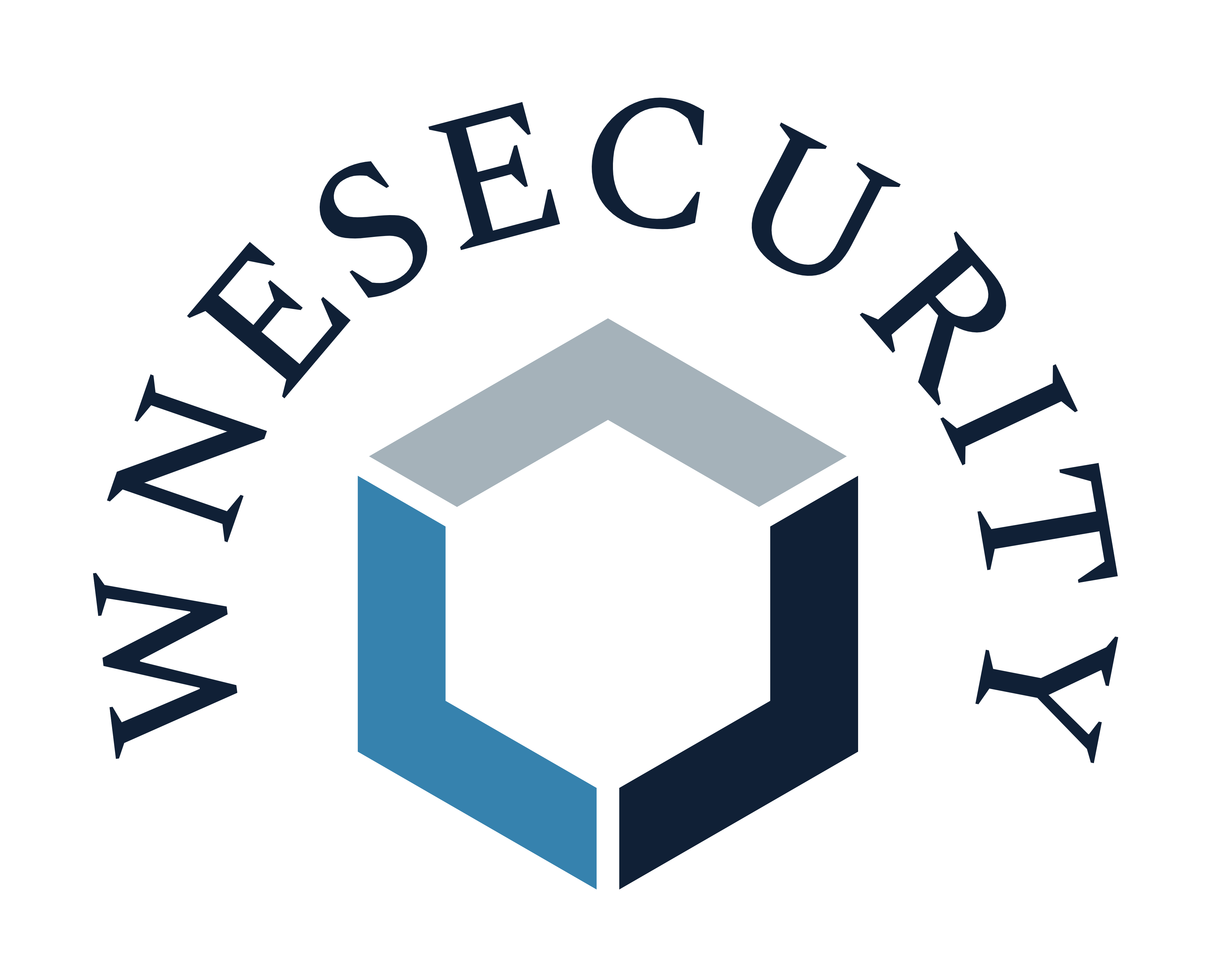WNE Security News
Read more about “CVE-2020-13965 Roundcube Webmail Cross-Site Scripting (XSS) Vulnerability” and the most important cybersecurity news to stay up to date with
CVE-2020-13965 Roundcube Webmail Cross-Site Scripting (XSS) Vulnerability

WNE Security Publisher
10/6/2024
(CVE-2020-13965) Base Score:
7

Learn about CVE-2020-13965 Roundcube Webmail Cross-Site Scripting (XSS) Vulnerability and other newly exploited vulnerabilities and new best practices by subscribing to our newsletter.
CVE-2020-13965 Description
An issue was discovered in Roundcube Webmail before 1.3.12 and 1.4.x before 1.4.5. There is XSS via a malicious XML attachment because text/xml is among the allowed types for a preview.
This vulnerability affects Roundcube Webmail and allows for a cross-site scripting (XSS) attack through a specially crafted XML attachment. The root cause is that the software allows text/xml as one of the permitted file types for previewing attachments, which can be exploited to inject and execute malicious scripts.
Key points:
- Affects versions before 1.3.12 and 1.4.x versions before 1.4.5
- Vulnerability type: Cross-Site Scripting (XSS)
- Attack vector: Malicious XML attachment
- The issue arises because text/xml is an allowed file type for previews
This vulnerability could potentially allow an attacker to execute arbitrary JavaScript code in the context of the victim’s browser session, potentially leading to theft of sensitive information, session hijacking, or other malicious actions.
What is Affected By CVE-2020-13965
- Roundcube Webmail versions before 1.3.12
- Roundcube Webmail versions 1.4.x before 1.4.5
It’s important to note that this vulnerability affects multiple versions across different Debian releases, emphasizing the widespread nature of the issue and the importance of updating to the fixed versions to ensure security.
Mitigation and Remediation For CVE-2020-13965
- Update Roundcube: The primary mitigation is to update Roundcube to a fixed version:
- For version 1.3.x: Update to 1.3.12 or later
- For version 1.4.x: Update to 1.4.5 or later
- Apply Security Patches: If a full update isn’t immediately possible, ensure that security patches are applied. Debian provides security updates for various distributions.
- Restrict XML Attachment Handling: Since the vulnerability exploits the handling of text/xml attachments, consider restricting or more carefully validating XML attachments if immediate updating isn’t feasible.
Impact of Successful Exploitation of CVE-2020-13965
- Cross-Site Scripting (XSS) Execution: The primary impact is the ability to execute arbitrary JavaScript code in the victim’s browser context when they open or preview a malicious XML attachment.
- Email Access and Manipulation: An attacker can potentially:
- Exfiltrate/Read all of the victim’s emails
- Delete all of the victim’s emails
- Browser Hijacking: The attacker can hijack the victim’s browser session within the Roundcube webmail interface.
- User Impersonation: The XSS attack could allow the attacker to impersonate the user within the Roundcube session.
Learn more about WNE Security products and services that can help keep you cyber safe.
Learn about CVE-2020-13965 Roundcube Webmail Cross-Site Scripting (XSS) Vulnerability and other vulnerabilities and best practices by subscribing to our newsletter.
Subscribe to WNE Security’s newsletter for the latest cybersecurity best practices, 0-days, and breaking news. Or learn more about “CVE-2020-13965 Roundcube Webmail Cross-Site Scripting (XSS) Vulnerability” by clicking the links below



